Francois Hollande: harried president of a bruised republic comes calling
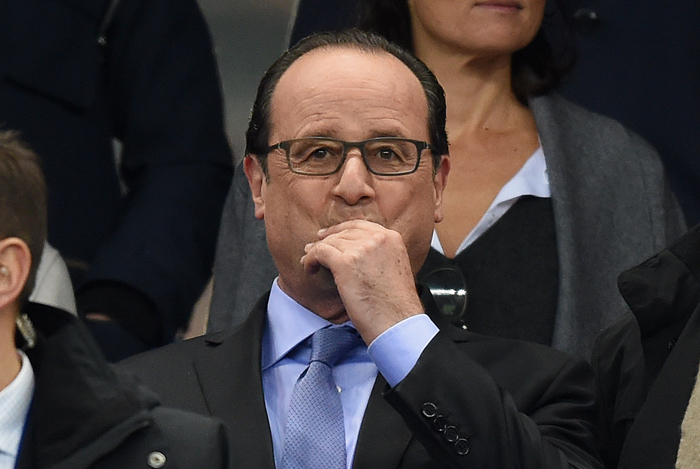
The visit
- French President Francois Hollande will be the chief guest on India\'s Republic Day
- Hollande and Modi face the same challenge: preserving liberal values from terrorism and right wing politics
The approach
- Hollande has shown tremendous restraint in his handling of terrorist attacks
- He is facing opposition from right wing parties, which are hostile towards immigrants
More in the story
- What should be the agenda for Modi and Hollande?
- How France\'s terrorism problem different?
Our chief guest on our Republic Day, French president Francois Hollande is a harried man. Two months ago, Paris was attacked by terrorists and a year ago the editor of satire magazine Charlie Hebdo and six of his colleagues were killed in broad daylight.
It is debatable whether the increasing strength of the anti-immigration far-right Front National in the French Regional elections in December is because of the Paris attacks or independent of it. The French Republic has been bruised by two developments alien to its republican spirit - religious terror and the rise of racism.
Read- #ParisAttacks: Is it ISIL's way of pushing France out of Syria?
Founded at the Bastille Square in 1789, on the principles of liberty and equality, the republican spirit still moves French politics. President Hollande evoked it in beautiful prose in the National Assembly following the Charlie Hebdo attack. Despite immense pressure from the Gaullists and the National Front, he refused to call it Islamic terrorism.
It was in these circumstances that Prime Minister Narendra Modi invited Hollande to be the chief guest on Republic Day. As India matters to France, he accepted it.
Apart from being a large importer of French Arms, India is a democracy and a victim of terrorism. Both are comrades in arms against terrorism. Germany, Britain and the US too value their relationship with India for the same reason.
The context
The problem of terrorism in France is somewhat different from other European countries and America. France is the largest Muslim country in Europe. Muslims account for approximately 6-8% of the population in France. This is likely to go up to 10% by 2030.
The French model of national integration has been to extend full citizenship rights to the immigrants. Common citizenship is the basis of French nationhood.
It was spelled out most clearly by the French National Assembly in 1792, just 3 years after the French Revolution. A liberal member of the assembly, Clemence Tonniere, moving the bill "Emancipation of Jews", said to the Jewish minority, "You will have no rights as Jews but all the rights as citizens of the French Republic".
No state recognition of race, religion or ethnic identities but only the recognition as citizens. This is the principle on which the French nationhood rests. For its time it was a bold principle in a largely feudal Europe.
France is bruised by religious terror and the rise of racism, both alien to its republican spirit
There is a bitter emotional and sometimes violent, debate over whether the granting of citizenship rights to immigrants has brought them into the national mainstream. The first generation of the Arab Immigrants from Algeria, Morocco and other French colonies in Africa are fairly well settled in France. Some of them have made it to the top in business, industry, politics and sports.
But there are many others who live in immigrant ghettos as outcast on the periphery of French society. It is this feeling of "not being wanted by society", as some immigrants told me, that "crushes them emotionally". Scuffles, street fights and sometime outright violence stem from this sense of alienation.
The Charlie Hebdo attacks
Some French Muslims registered their protest against the Republic by not observing the two minute silence President Hollande had called for after the Charlie Hebdo attack last January. On the other hand, the reverberating cry of a million French who gathered at the place De La Liberation was "Je suis Charlie". Many French Muslims wore a band on their arms, saying "Je n'suis pas Charlie" (I am not Charlie).
Also read- #ParisAttacks: France should learn from US mistakes post 9/11
By saying "I am Charlie" the majority of the French were saying that they are for the republic's founding principle: freedom of expression. By saying, "I am not Charlie" French Muslims were saying that their faith has been desecrated by Charlie in the name of freedom of expression.
In a sense it is a fight between modernity and tradition. At Place de la Liberation, European and American leaders, arched together, told the world that the West is united against all those who challenge Western values. Here was clash of civilizations that Harvard academic Samuel Huntington spoke about 20 years ago.
Rise of the racist right wing
But another threat to liberal values is on the rise in the West - racism. Right-wing parties, espousing anti-immigrant and racist politics, are increasing in influence. This is happening even in countries where immigrants are small in number and docile: Holland, Austria, Belgium and Scandinavian countries like Sweden and Denmark, which were once thought to be havens of tolerance and civility.
A country remarkably free of this kind of right wing politics is Germany. Perhaps Germany would know, better than any other country, the catastrophic consequences of right wing politics.
Muslims are 6-8% of the population in France. This is likely to go up to 10% by 2030
Right-wing politics in Europe has its roots in the pre-World War era. Fascist movements were widespread in much of Europe after the end of the first World War. Nazism was its culmination. Today this Right in France is xenophobic,and virulently anti -immigrant. The founder of the National Front wanted Arabs, African and Jews to be deported from France.
The Right is now at the portals of power in France. The National Front led by Marine Le Pen is gaining popularity. Every scuffle involving Arabs and white French, not to speak of terrorism, add some percentage points to the vote kitty of the National Front.
Small issues like the Muslim killing animals the halal way or the over flowing of the Friday namaz congregation refused from a mosque on to the road further divide the Arab and the French.
Hollande and his socialist party have to deal with both the racist right wing and the alienated Muslim immigrants. Hollande worries that about 1,100 French Muslims were recently recruited into the ISIS. Yet he has held his cool and this has added to his popularity in France. He has refused to prefix terrorism by calling it Islamic terrorism, despite pressures from the Right and the Gaullist Party, headed by former president Nicolas Sarkozy.
Narendra Modi exercised a similar sense of restraint after the recent terror attack in Pathankot, despite pressure from his party and the RSS.
He and Hollande could take some time off from their talks on the usual issues and reflect on how to fight terrorism without surrendering our values of liberty.
More in Catch:
France biggest target of 'ISIS' in Europe: Defence experts
What happens when men design tech for women? These 5 utterly daft devices
Before celebrating oil @ $30 don't forget to check the ramifications
Sikkim goes fully organic: 5 ways the state has made things work
First published: 19 January 2016, 9:34 IST

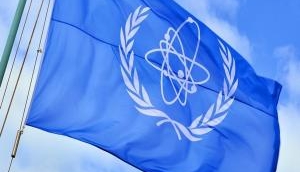
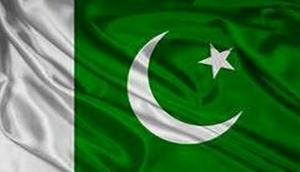
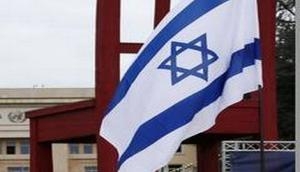
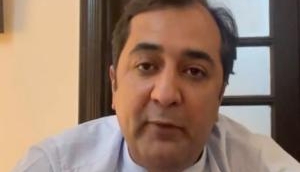
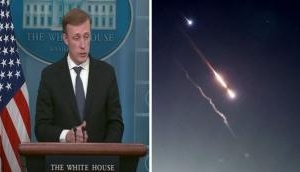
![BJP's Kapil Mishra recreates Shankar Mahadevan’s ‘Breathless’ song to highlight Delhi pollution [WATCH] BJP's Kapil Mishra recreates Shankar Mahadevan’s ‘Breathless’ song to highlight Delhi pollution [WATCH]](http://images.catchnews.com/upload/2022/11/03/kapil-mishra_240884_300x172.png)

![Anupam Kher shares pictures of his toned body on 67th birthday [MUST SEE] Anupam Kher shares pictures of his toned body on 67th birthday [MUST SEE]](http://images.catchnews.com/upload/2022/03/07/Anupam_kher_231145_300x172.jpg)






